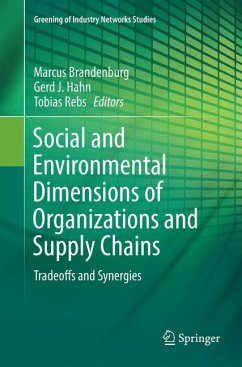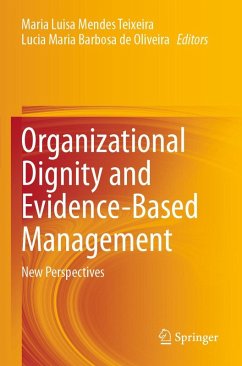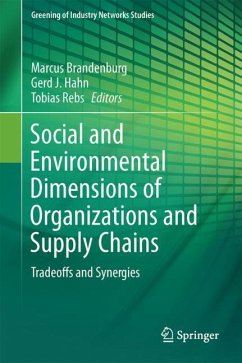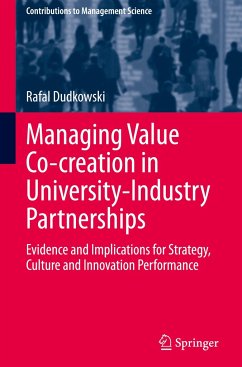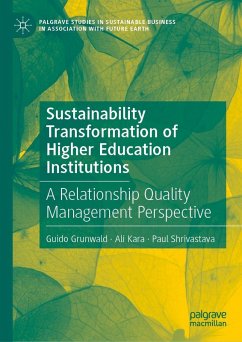
Virtuous Cycles in Humanistic Management
From the Classroom to the Corporation
Herausgegeben: Aguado, Ricardo; Eizaguirre, Almudena

PAYBACK Punkte
38 °P sammeln!
This volume is divided into three major parts, each of which symbolizes a new virtuous circle that is added to the previous one in order to foster the dissemination of humanistic management (HM) among corporations and social institutions. After an introductory chapter explaining the concept of humanistic management and the plan behind this research project, the first part of the book is devoted to education. The authors address pedagogical strategies that can be used in higher education to introduce students to HM.In turn, the second part of the book focuses on the implementation of HM in corp...
This volume is divided into three major parts, each of which symbolizes a new virtuous circle that is added to the previous one in order to foster the dissemination of humanistic management (HM) among corporations and social institutions. After an introductory chapter explaining the concept of humanistic management and the plan behind this research project, the first part of the book is devoted to education. The authors address pedagogical strategies that can be used in higher education to introduce students to HM.
In turn, the second part of the book focuses on the implementation of HM in corporations, while the third presents an approach for measuring and monetizing the social value generated by corporations through their economic activities. In the closing chapter, the editors illustrate how the three parts of the book can be combined to generate virtuous cycles in corporations.
In turn, the second part of the book focuses on the implementation of HM in corporations, while the third presents an approach for measuring and monetizing the social value generated by corporations through their economic activities. In the closing chapter, the editors illustrate how the three parts of the book can be combined to generate virtuous cycles in corporations.







